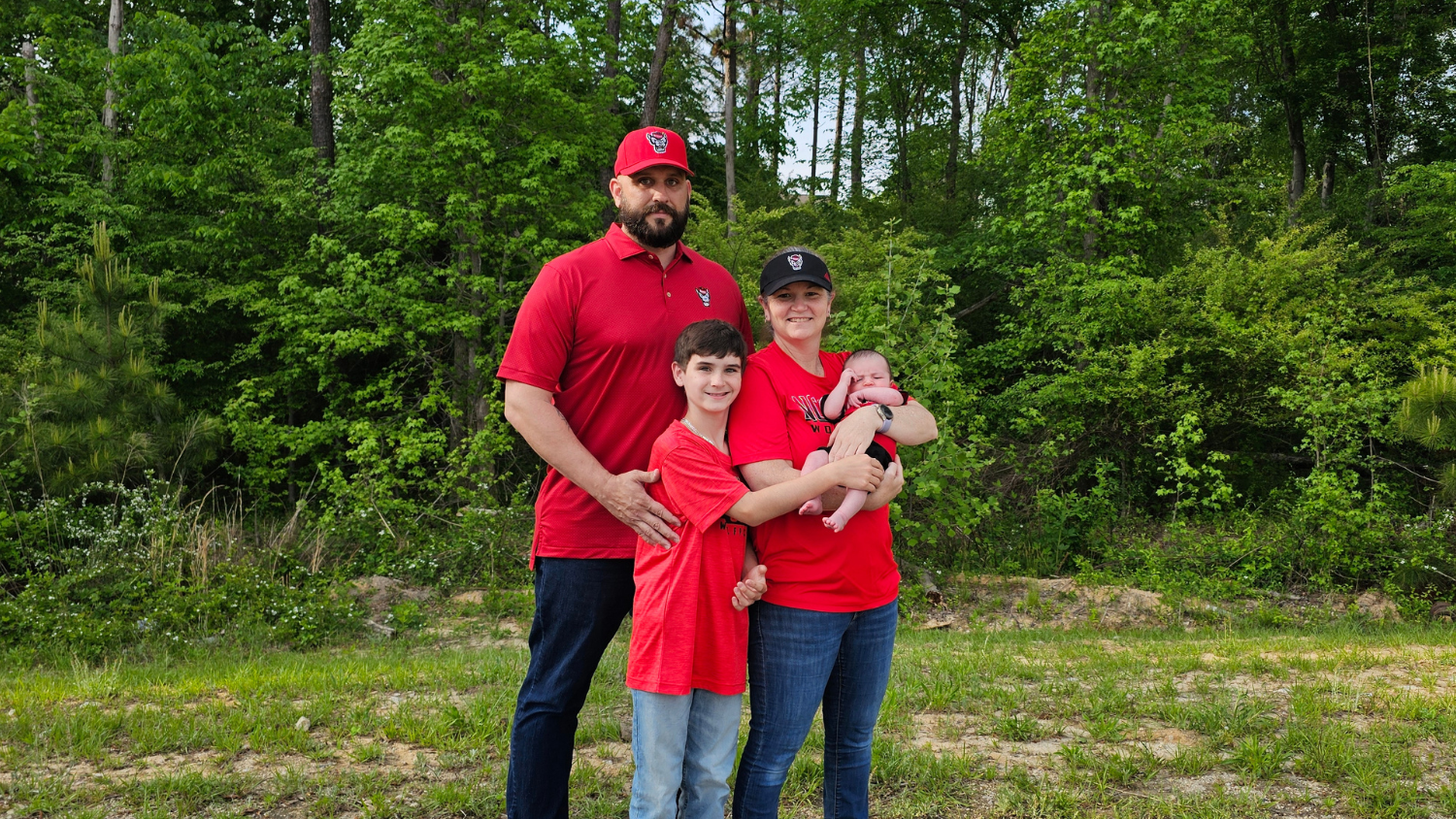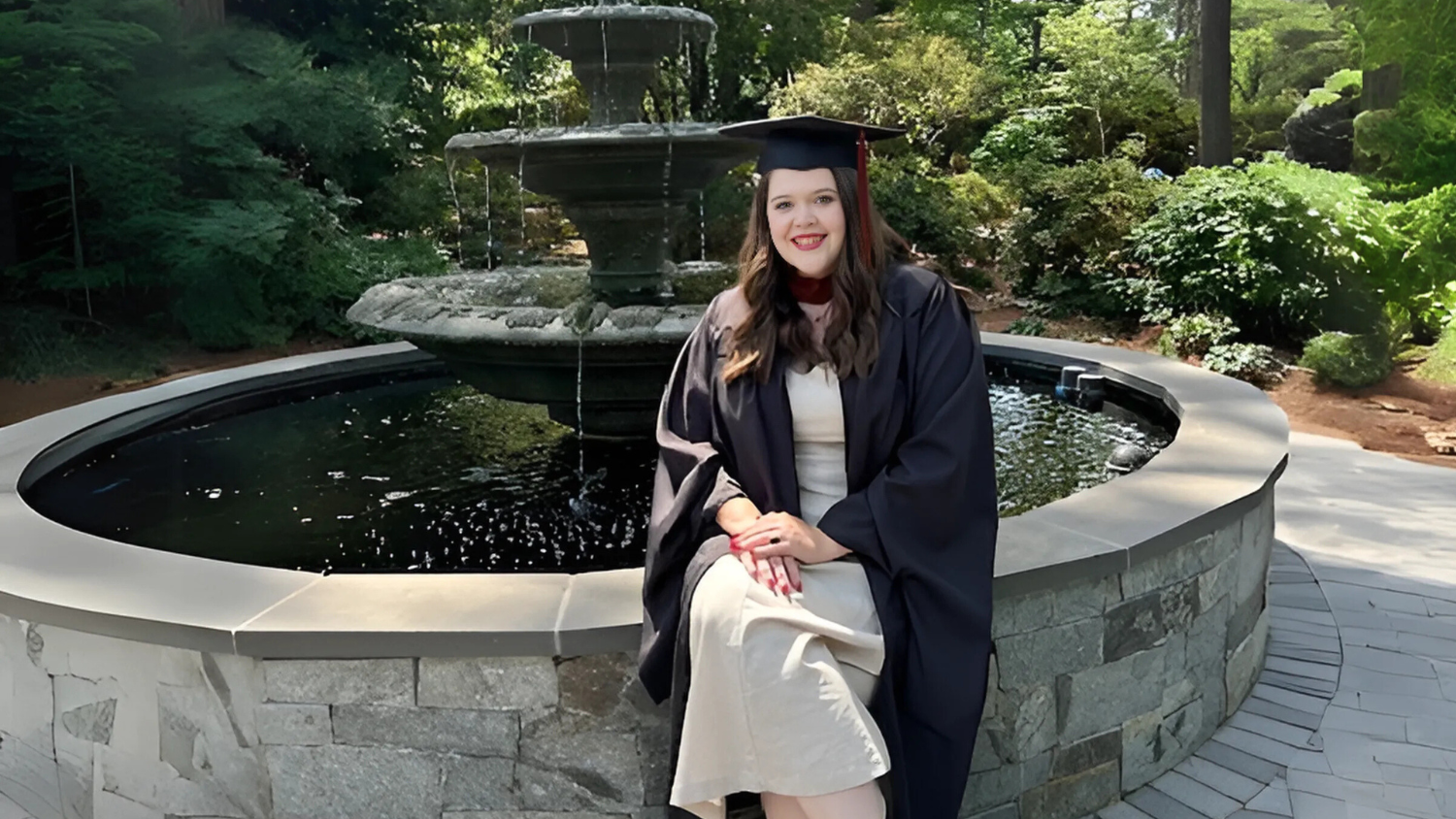Studying Abroad: My Experience as an NC State Online International Student

The Youth, Family, and Community Sciences graduate program publishes a monthly blog written by students and alumni sharing important topics and helpful resources related to the field of family science. In the latest post, Alice Chen describes her experiences as an international student in the program.
Studying Abroad: My Experience as an NC State Online International Student
By: Alice Lee Chen
Experiences About Cultural Differences
Last August, I came to the United States from Taiwan by myself. It was a big step in my life and I had so much to learn. The first thing I realized I needed to cope with was the cultural differences. There are many differences between eastern and western culture. Even just greeting one another is different. For instance, most Americans like to interact with others by simply asking “How are you? How’s your day?” Being a Taiwanese, it was hard for me to think of any answer since we do not have this type of interaction in my country. To integrate into the U.S. culture, I have started to learn how people respond to these questions. It was interesting to find out that common responses are “Fine, how are you?” or “I am doing great, how are things with you?” People do not expect a serious answer, and those questions are social niceties that I had to get used to.
In collectivistic cultures, such as Taiwan, China, Koreas, and Japan, we emphasize the family and groups as more important than individuals. Thus, we seldom express our individual feelings or opinions. Since being in the U.S., I’ve learned that expressing your feelings and opinions is not only safe, but also encouraged. Thus, I encourage myself to share my thoughts and feelings every time I am in classes or meeting with teachers.
Learn how to be with yourself and take good care of your mental health
During my first six months, I felt excessive sadness and loneliness, as well as depression. These feelings were not expected; it seems they appeared out of the blue. I remember one day, I drove on the road and the tears fell down for no reason. After a little research, I found out those were the common signs of mental illness and that to feel better, I needed to take care of myself and to find some self-care strategies. I started to write a daily diary, I found positive quotes, and I gave myself affirmations and encouraged myself in front of the mirror every day. To help with the loneliness, I found a way to engage with others. I started to find volunteer opportunities and joined religious groups to meet new people. Religion really gives me hope and support, especially when I’m facing difficult life challenges.
My advice for international students coming to the U.S. to study is to get to know the culture and get engaged with others. For international students that have sadness or struggles like me, I recommend that you don’t just stay at home and have negative repetitive thoughts. Instead, find a way to surround yourself with friendly people and always remember to seek help if you need it. You can call friends, talk to your parents, or find professional counselors. To be honest, being an international student is not easy, but is a process to make you stronger and it is an opportunity to broaden your vision.
Here are some additional resources for international students:
About Cultural Differences
- https://www.ediplomat.com/np/cultural_etiquette/cultural_etiquette.htm
- https://www.gooverseas.com/blog/how-to-deal-with-culture-shock-while-studying-abroad
About Mental Illness
- Categories:


